
When Washington Shut Down Wall Street
The Great Financial Crisis of 1914 and the Origins of America`s Monetary Supremacy
Read or listen offline
Recommendation
In Kazuo Ishiguro's novel The Remains of the Day, a blue-blood guest unmercifully grills James Stevens, the head butler at an English estate. The pompous guest is trying to demonstrate that uneducated people should not have the vote. "My good man," he asks, "do you suppose the debt situation regarding America is a significant factor in the present low levels of trade? Or...is the abandonment of the gold standard...at the root of the matter?" Stevens, aware that the question is meant only to baffle him, replies that he has no idea. Poor Stevens! Anyone without a degree in international finance would have an equally difficult time answering such an abstruse question. That's why this intriguing business history book by William L. Silber is so worthwhile: He brings global finance to life by spotlighting America's 1914 money crisis and by explaining how then-U.S. Treasury Secretary William McAdoo used this portentous episode to establish the nation's financial supremacy. getAbstract suggests you read this illuminating work of economic history to understand the seminal events that established U.S. monetary policy.
Summary
About the Author
William L. Silber is a finance and economics professor at New York University, and a member of the New York Mercantile Exchange. He was a senior economist on the President's Council of Economic Advisors.









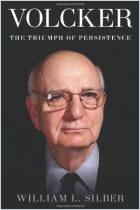
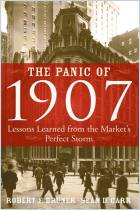
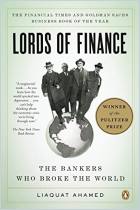
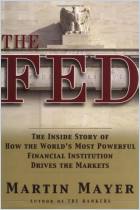


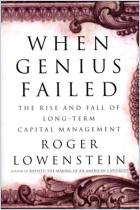





Comment on this summary or Diskussion beginnen